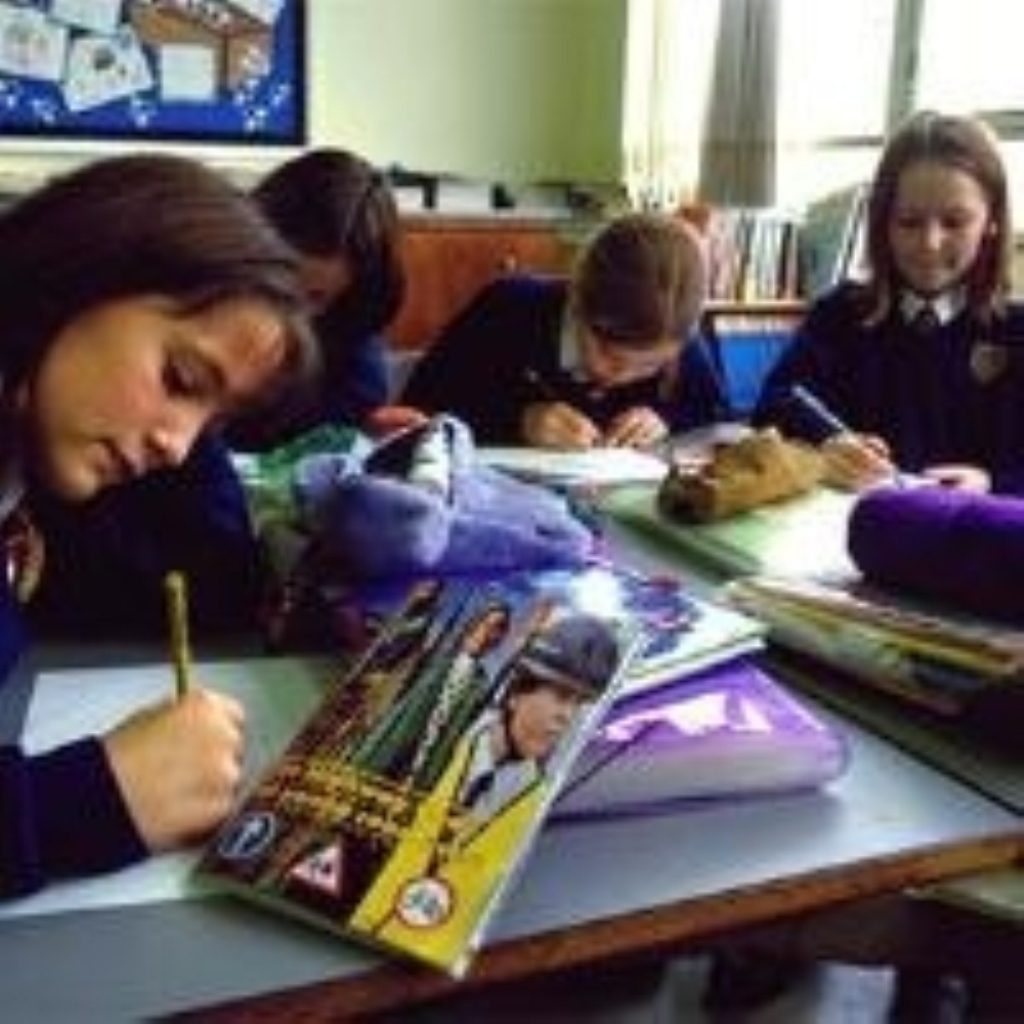MPs back school trips
School trips are an important part of education and should be preserved.
That is the conclusion of the influential Education and Skills Select Committee which urges ministers to produce a ‘manifesto for outdoor learning’ to give all children the right to education outside the classroom.
And, teachers are encouraged to participate in school trips, as the committee argues that fears of litigation are overblown.
Committee chairman Barry Sheerman, said: “If the Government is serious about raising educational standards then the decline in school trips must be reversed. We want to ensure that all children benefit from a rich and diverse education, not just the well off.”


He added: “We have to get away from the culture of fear that has grown around school trips and introduce some element of common sense. Accidents are still very rare and the Government must work to remove the fear of litigation, which is part of the growing ‘compensation culture’.”
“The NASUWT Union, which currently advises its members not to participate in school trips, should change its policy immediately.”
It suggests that the Education Department should make it clear to schools that it is “unacceptable to settle frivolous claims out of court in order to simply get rid of the problem.”
And the Government is urged to appoint a ‘champion for outdoor education” to promote the issue in the next parliament. Mr Sheerman added: “The future of outdoor learning depends on clear direction and leadership from the DfES that has so far been woefully lacking. A champion of outdoor education would help provide the spark that schools need.”
But the NASUWT said they were disappointed their concerns had been dismissed. General secretary Chris Keates, said: “I am disappointed that the select committee asserts that our concerns are a perception rather than a reality. A golden opportunity has been missed to act in the interests of teachers and pupils by accepting the need for additional safeguards and supporting their early introduction.”












